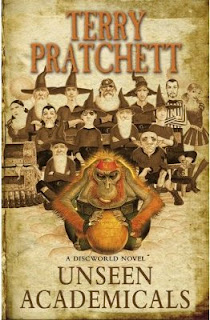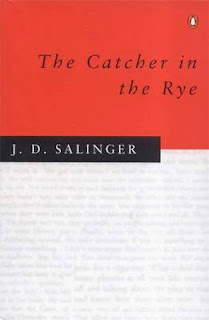So You Want To Start a New Centre Party?
The drumbeat of Centrism is getting louder, if you can imagine such a thing. Current Lib Dem leader Vince Cable embarrassingly missed a crucial Brexit vote in order, it is claimed, to discuss a possible new party with unknown others. Leading Tory "rebel" Dominic Grieve has put it on the record that he will leave his party if Boris Johnson becomes leader. And Chuka Umunna has warned that the Labour party is at breaking point under Corbyn's leadership in comments widely interpreted as a signal that he is on the way out.
It's prudent to take some of these public remarks with a pinch of salt of course. After all, it's the same Dominic Grieve who was conned by Tory whips into voting against his own Brexit amendment. And it's the same Chuka Umunna who said in the wake of the referendum that we should be prepared to sacrifice single market membership in order to curtail freedom of movement rights, before deciding that fighting for the single market was a better way to undermine his leader. But I've become convinced that a new party really is in gestation after listening to the way various well-connected hacks spoke about it on an episode of Steve Richards' podcast devoted to the topic (even though Richards himself expertly pokes holes in their rationale).
I've argued before that a new centrist party would face an uphill struggle because it would not actually represent anything like the real political "centre ground", but in fact would be a radically liberal party. But taking that as read, what could such a party achieve in practice?
The obvious precedent is the creation of the Social Democratic Party in the 1980s and its eventual merger with the Liberals. But while the parallels with this era are superficially similar there is one key difference: the SDP was originally intended as a centre-left replacement for the Labour party, while the New Centrist Party is intended from the start to be a successor to the Lib Dems. This immediately sets a lower bar for success for the NCP, which would have to try very hard indeed to do worse than the Lib Dems currently are doing.
Another key difference is the NCP has a flag to rally round, featuring yellow stars on a blue background. Time will tell if the Remain cause is strong enough to overcome the otherwise fairly marked differences in economic outlook between the right wing of the Labour party and the liberal wing of the Conservatives (don't laugh, it's true!), but it can only help.
For an arguably closer historical precedent you have to go all the way back to the mid 19th century and the birth of the Liberal Party, which itself was formed from the merger of three groups: the aristocratic Whigs, urban reformer Radicals, and a group of Conservatives led by Robert Peel who split over repealing the corn law tariffs. What united the three more than anything else was a commitment to free trade, which echoes the current debate over the EU single market with a lumbering clang.
The parallels are obviously not exact, as the party system back then was far less developed and the current Tory leader is unlikely to split from her party even if the Chequers plan goes down in flames, but they are a good deal closer than the circumstances of the SDP's formation. And it is notable that after its founding the Liberal party went on to dominate parliament for the following generation.
Centrists looking for more up-to-date role models naturally look to Macron's presidential victory in France and Trudeau in Canada. But they shouldn't take too much solace there. Macron barely squeaked through the first round of voting in France, riding a wave of indifference against mediocre competition, and only registered a landslide in the second round because his opponent was literally a fascist. Trudeau, meanwhile, played a blinder in his election, rising from around 25% to 40% of the vote over the course of the campaign as voters figured out that the Liberals were best placed to remove the Conservatives from office (a harbinger of Corbyn's similarly spectacular rise in 2017). But importantly Trudeau was fighting on a platform that focussed on easing Conservative austerity economics (again, a little bit more like Corbyn's Labour than you would think at first glance). He wasn't fighting a Liberal-with-a-capital-L cause like Remain.
Nevertheless, while achieving Liberal hegemony in the UK currently looks like a pipedream for an NCP, it could still plausibly make a difference to the Brexit debate, even if it only comes into being once we are already in the Brexit transition period. To achieve this though it is imperative that it develops a platform aimed squarely at Remain-voting Tories, as only by taking seats off the Tories can the hard right Tory Brexiters be neutered. And this is where Remainer activists really worry me, as they continue to treat the Tory and Labour Brexit positions as essentially interchangeable when they are anything but (as I have argued here and here). A more clear-headed assessment of who they can work with and who they can't is essential if an NCP is to make a real difference to the Brexit outcome.




Comments
Post a Comment